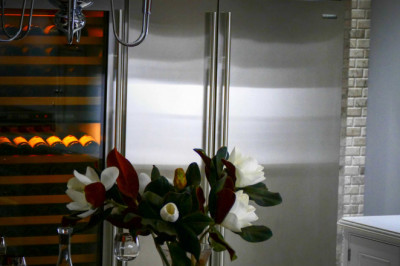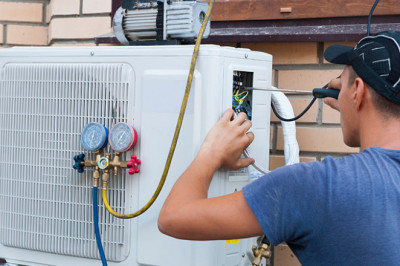views

Durable Medical Equipment (DME) billing is one of the most complex and challenging procedures in the healthcare industry. Constantly changing regulations and compliance requirements also make this process prone to various errors and mistakes. As a result, providers and billing staff need to always be on their toes and must have in-depth knowledge about the latest regulations to avoid any mistakes.
Owing to the complexities in the DME billing process, it is susceptible to numerous mistakes and errors. If not taken care of properly, these mistakes can result in claim denials or rejections, and lead to huge losses for the DME provider. Here are some of the most common mistakes in DME billing you should avoid to improve claim denial rates and to ensure that you receive adequate reimbursements for your services.
- Incorrect Usage of Modifiers Using incorrect modifiers is one of the most common reasons behind claims being denied or rejected. Even a misalignment in the code can lead to the denial of the claim. Modifiers are a critical component of the DME billing and coding procedure. With a constantly evolving regulatory landscape, billers need to thoroughly understand modifiers and stay updated about the latest rules to prevent incorrect usage or loss of revenue.
- Missing or Incorrect Information Omission of important information can be a grave mistake in the DME billing process, leading to claim denials. Incorrect or missing data about the patient like name, age, sex, birth date, insurance information, etc can cause a considerable delay in the insurance claim process. Moreover, errors like putting data in the wrong patient record can also delay the process or lead to claim rejections. To avoid this, the DME billing staff should always double-check all the provided fields before submitting a claim.
- Lack of Sufficient Documentation Another error in DME billing occurs when the documents submitted are insufficient as per the defined regulatory standards. If the documentation fails to prove that specific equipment was provided, it can lead to claim denials, and billing for that equipment may not be possible. Moreover, coders and billers find it challenging to put in the correct information without proper documentation, resulting in a loss of money, time, and effort.
- Errors in Coding There are various instances of incorrectly coded documents, leading to a denied claim. Coding errors generally occur when the patients are billed for more equipment than they received or billed for more expensive equipment than the one actually provided. For instance, a medical facility may provide a patient with a regular wheelchair but bill the patient for a more powerful, expensive wheelchair. You can avoid coding mistakes by using a robust medical billing system that detects errors before submitting the claim and having a well-trained DME billing and coding staff.
Hassle-Free DME Billing With MBSNI
If an error-free DME billing for effortless claim submission is what you strive for, then outsource your billing needs to MBSNI (Medical Billing Solutions Nationwide). With an extensive experience of 25+ years, the qualified staff at MBSNI will handle your claims with efficiency and accuracy. Get in touch with an MBSNI expert to leverage high-quality DME billing services TODAY.













